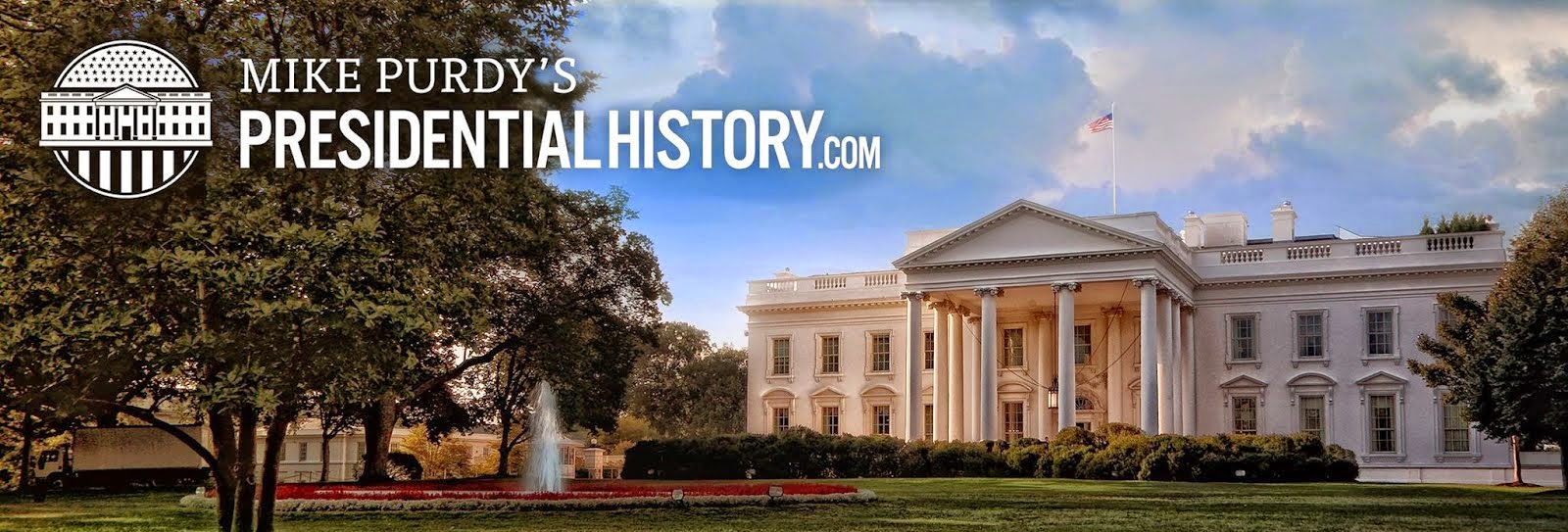Short of a lawsuit, there are a number of tools that can be used to help resolve contract disputes, especially on a construction project. Collectively, these tools are often referred to as Alternative Dispute Resolution or ADR. Partnering: Partnering is an attempt to head off disputes before they become problems. Typical public works construction projects that are awarded to the low bidder often breed adversarial relationships between the owner and the contractor. This occurs because the contractor has bid the project, often without a lot of time to really become familiar with the project. If the contractor believes their bid to have been too low, they may look for opportunities to increase their profit margin by requesting payment through change orders. In addition, a low bid situation is really a forced marriage between the contractor and the owner and communications may suffer.
In partnering, the owner, contractor, designer, and any other key parties get together for a retreat, perhaps a half-day or full day prior to the start of the work to discuss the protocols they will use to communicate with one another. They identify potential risks and problems with the project and how they plan to mitigate against those risks, all in a spirit of cooperation. It’s much easier to try to “partner” with the other parties before tensions rise and relationships become frayed. The hope is that in partnering, relationships will be established to such a degree that it will help the parties to successfully navigate through the project. Usually, a professional facilitator is hired for the partnering session to help the parties identify issues and discuss communications. At the end of the retreat, the participants, which includes key individuals from each party, sign a joint document describing how they will communicate with one another in a spirit of cooperation. This document isn’t contractually binding, but represents their good faith intentions.
Disputes Review Board: Typically used for larger projects, a Disputes Review Board is used during the project to help informally adjudicate disputes between the contractor and owner. If the Board includes three members (typical), one member is appointed by the owner, one by the contractor, and the third member is jointly appointed by the other two members. During the course of construction, the Board members meet somewhat regularly on the job site to review the progress of the project and to become familiar with brewing issues. If a dispute arises, the Board hears from both sides and makes a decision. It is most effective if the parties have agreed that the decision of the Disputes Review Board will be binding. This helps from keeping issues from moving onto more serious forms of dispute resolution, such as court.
Mediation: Through the use of a third party mediator who helps the parties understand the position of the other party, the parties in a dispute are often able to agree to a resolution of the dispute. The mediator is an impartial third party chosen by both parties to the dispute. The mediator helps each party understand the position of the other party, makes recommendations, and the parties ultimately decide whether they can agree to a resolution of the dispute. Mediation is an informal, non-binding tool to bring both parties to the table with an impartial third party and try to move forward toward a resolution.
Arbitration: Arbitration is one step closer to a lawsuit and more formal than mediation. In order for arbitration to be effective, the results of arbitration should be binding on both parties, something that would be agreed upon in the actual contract between the parties. Like a mediator, an arbitrator, who is an impartial third party agreed upon by both parties, hears from both parties about their position. Unlike a mediator, however, who tends to have more separate conversations with each party, the arbitrator’s role is to consider the positions of both parties and render a decision. Arbitrators tend to “split the baby” and come up with a resolution that represents a compromise but doesn’t necessarily address the merits of each case. This is one of the risks in using arbitration. In addition, arbitration is more formal than mediation and may cost almost as much as a lawsuit. Arbitration is conducted in accordance with rules established by an arbitration association such as the American Arbitration Association.
Lawsuit: This is a step to avoid if possible. It can be very costly and may not be worth it financially if the dollar amount of the dispute is smaller (less than the amount of attorneys fees for the lawsuit).
Bottom Line: Attempt to resolve contractual disputes and problems at the lowest possible level, and communicate clearly and consistently during the contract with the other party. There’s no substitution for such communications.








